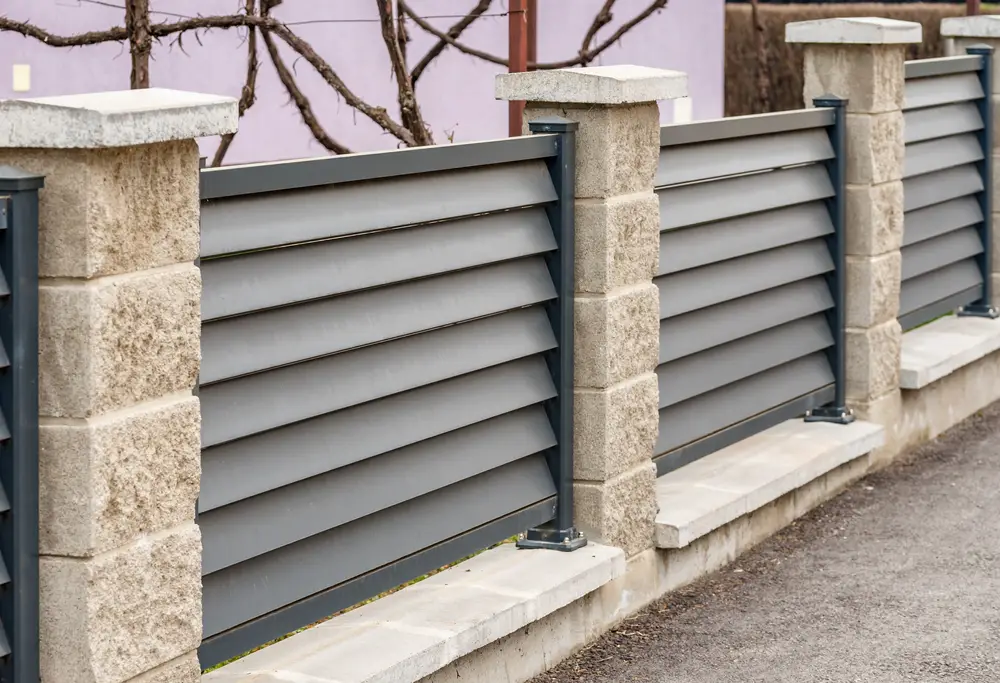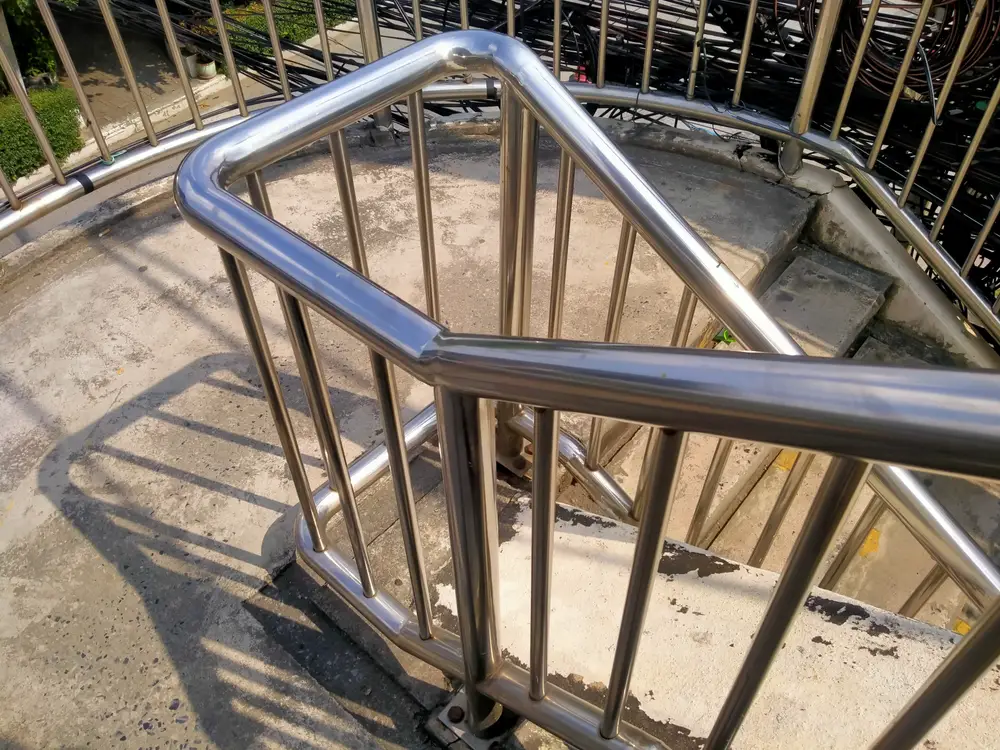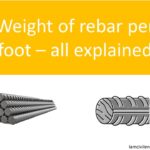In order to guarantee the longevity and success of a structure, the chosen material plays a significant role. There are many materials available; however, aluminum sits among the most advantageous and versatile choices.
As a result, detailed below are just some of the benefits of aluminum usage in civil engineering, all the way from its aesthetic appeal to its lightweight nature.
Aesthetic Appeal
First and foremost, aluminum looks great. It looks modern and sleek, which results in the enhanced visual appeal of the material. When it comes to creating contemporary architectural designs, aluminum is the obvious choice.
This is down to its multiple coatings and finishes that provide multiple tailoring options. Therefore, designers and architects are provided with an extensive range of creative possibilities.

Electrical and Thermal Conductivity
On top of being visually appealing, aluminum boasts electrical and thermal conductivity alike. For instance, it’s able to dissipate heat, which means it’s ideally suited to applications in which thermal management is required.
Such applications include heat sinks and electrical enclosures. Additionally, the conductivity of aluminum means that it can be integrated into electrical systems, allowing for optimized performance and efficient installation practices.
Also Read: Is Crushed Stone Better Than Asphalt for Driveways? (BY EXPERT)
Recyclability and Sustainability
Today, recyclability and sustainability are more of a priority than they ever have been before. Therefore, aluminum is a popular choice in modern civil engineering, as it’s an eco-friendly material.
This is because it can be recycled, and a significant amount of aluminum is manufactured from recycled materials. On top of this, the long lifespan of aluminum means that it doesn’t need to be repaired or maintained frequently, meaning fuel consumption can be reduced in this way.
Like Us on Facebook!

Flexibility and Versatility
Due to the versatility of aluminum, it can be applied in civil engineering in a number of ways. For instance, it’s particularly malleable, meaning it can be shaped into complex forms, which places it as the ideal material for intricate structural designs.
Subscribe Us on YouTube!
Also Read: Aluminum Scaffolding Tower – The Safer Way to Work at Height
Similarly, it can be cast, rolled, or extruded into different sizes and shapes, which allows for customizability and flexibility. As a result, all manner of project requirements can be met.
Durability and Strength
Aluminum is renowned for being a lightweight material; however, this doesn’t mean that its strength is compromised. In fact, aluminum is extremely strong and durable, meaning aluminum alloys are widely used to create structures that are able to withstand extreme weather conditions and heavy loads.
On top of this, aluminum is resistant to corrosion, contributing to its durability and making it suitable for corrosive and coastal environments alike.
Lightweight Construction
One of the key benefits of aluminum is its lightweight nature; when compared to concrete and steel, aluminum has a significantly lower density. As a result, construction can be handled more effectively when it comes to the transportation of columns and beams. This then results in a reduced construction time, leading to even further cost savings.
Conclusion
The endless advantages of aluminum in civil engineering can’t be escaped. Not only is it aesthetically appealing, but it also promises electrical and thermal conductive abilities. This is on top of the sustainability, versatility, and strength of the material.
Each of these features means that the field of civil engineering is set to be revolutionized by aluminum. It can be applied in a number of ways, including formwork systems, buildings, bridges, and all manner of infrastructure projects. As a result, civil engineers have the ability to unlock innovative solutions, improve their environmental impact, and craft structures that exceed a number of years, all by simply making use of aluminum. All in all, the possibilities are endless.




















